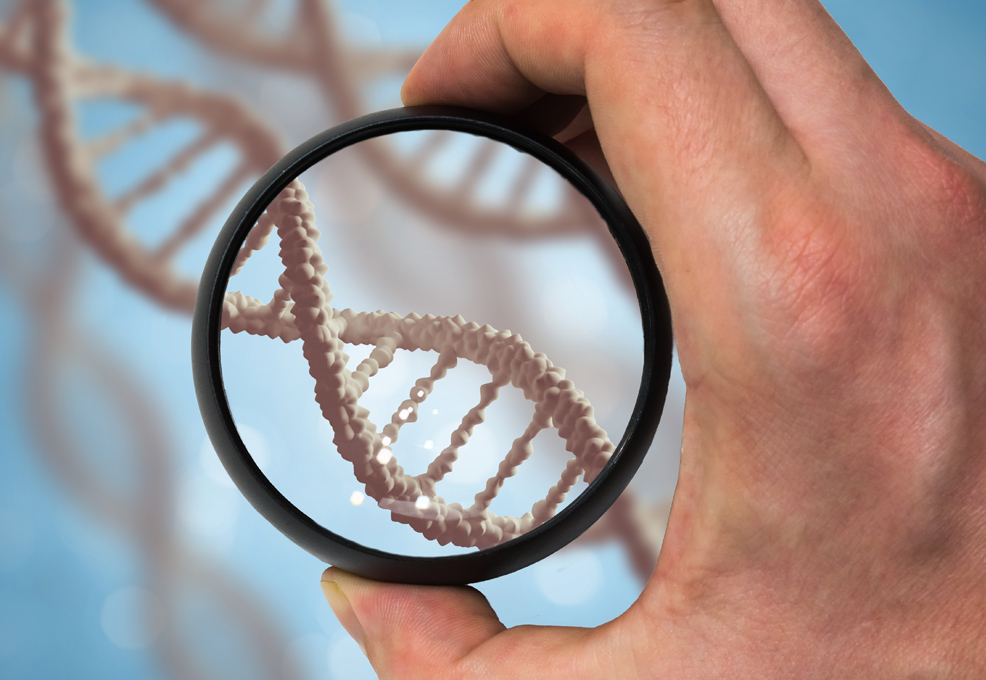When Destiny Meets Lousy Luck, Know It Earlier!

Author(s)
Jin-Shing ChenBiography
Specialist in thoracic surgery and its preclinical research Chief of Division of Thoracic Surgery, Department of Surgery, NTUH
Academy/University/Organization
National Taiwan University HospitalEdited by
Team of Regenerative Medicine of the Trachea-
TAGS
-
Share this article
You are free to share this article under the Attribution 4.0 International license
- LIFE SCIENCES
- Text & Image
- January 21,2019
Team of Regenerative Medicine of the Trachea recruited professors and doctors who major in automated intelligence, biomechanics, materials science, stem cell biology, medicine, and clinical ethics and work together to developed bionic trachea and related techniques and equipments in order to overcome the clinical barrier in tracheal transplant.
Tracheal reconstruction using artificial trachea is still a great challenge in thoracic medicine. With the advances of tissue engineering technology, stem cell biology, and 3D printing technology, the engineered bionic trachea that mimics tracheal anatomy and functions like human trachea has the potential to overcome the clinical barrier and regenerate the trachea. It begins with taking few cells from the patient needing tracheal transplant, and then genetically transforming these cells into induced pluripotent stem cells. After in vitro cell expansion culture, the obtained stem cells will be transferred to a custom-designed 3D-prineted stent. Eventually, the stem cells on the stent will be induced and differentiated to mature trachea-related cells, becoming the bionic trachea ready for transplantation. Under the supports from Taiwan MOST, we recruited professors and doctors who major in automated intelligence, biomechanics, materials science, stem cell biology, medicine, and clinical ethics and work together to make the dream of bionic trachea come true.



STAY CONNECTED. SUBSCRIBE TO OUR NEWSLETTER.
Add your information below to receive daily updates.




